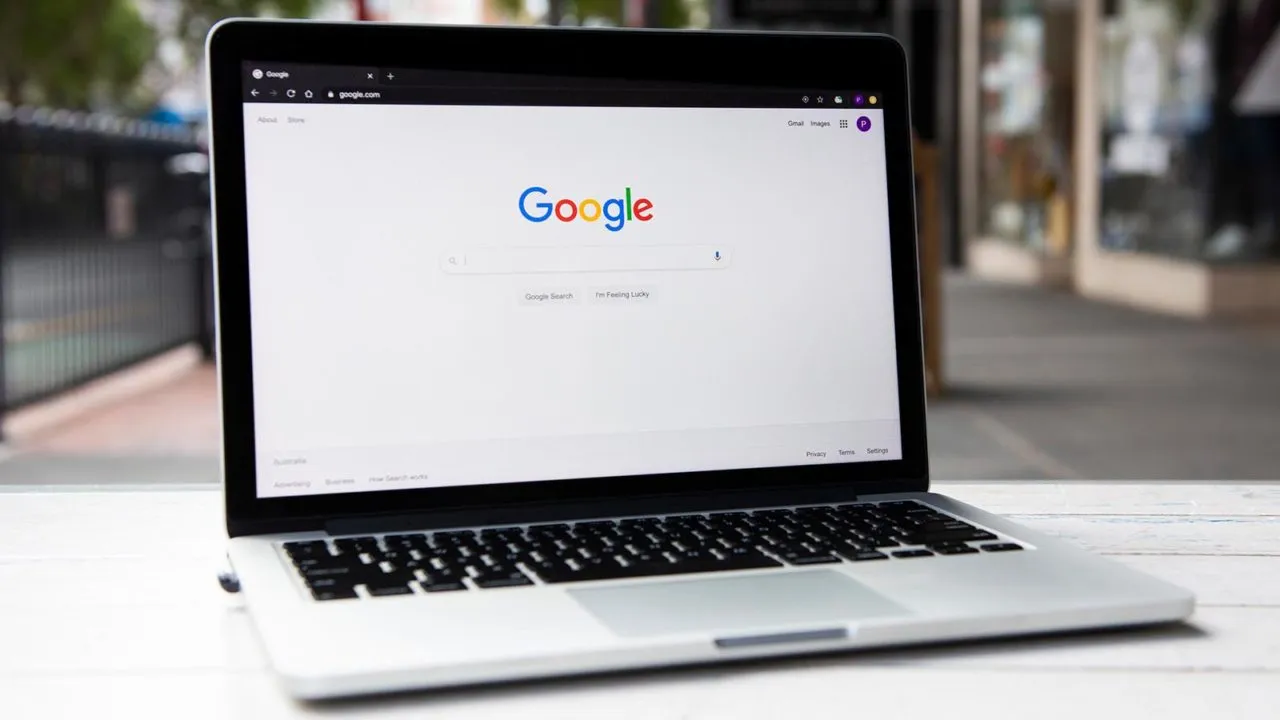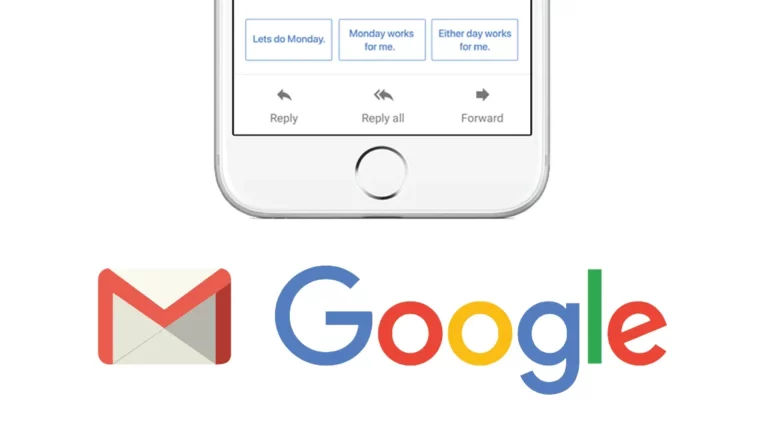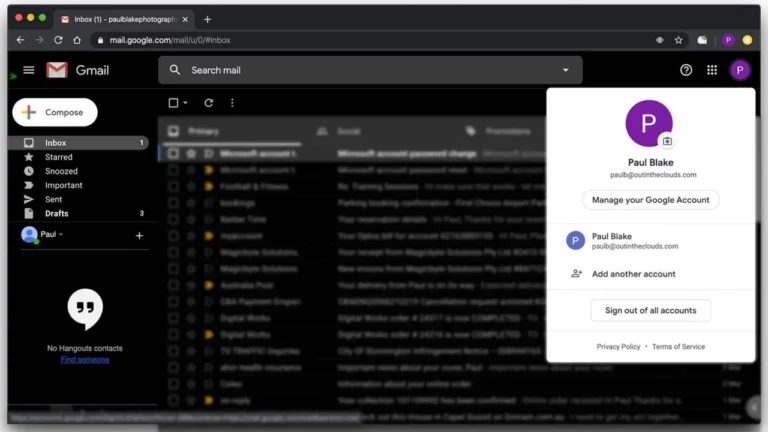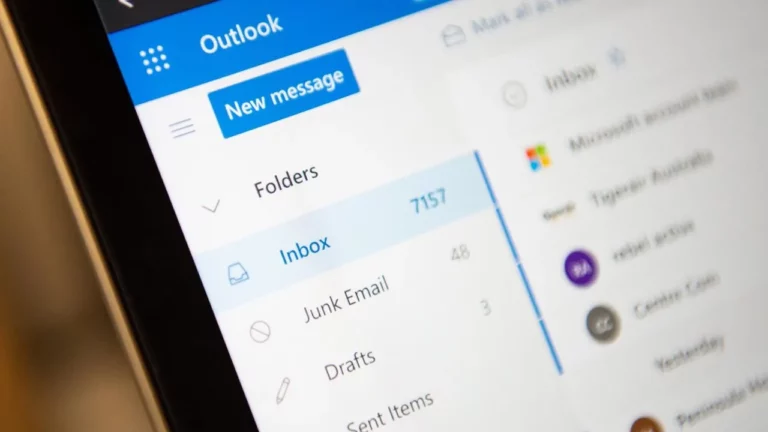These 5 main points are effecting your Google ranking
SEO, or search engine optimisation, is how people find your website on the internet. Since most people search for things by typing a few words into Google, you want your site to rank as high as possible whenever they perform a search. The best way to do that is by creating SEO content that causes your website to rank higher than others, meaning it will be listed higher on the search results page than others. This is critical because most people aren’t going to cruise through their search results to find you. They are going to click on whatever is right in front of them. How Does Google Know Which Websites To Choose From? When you perform a Google search, the list of related web links is enormous. So how does Google know which ones to show you first? Google ranks each website based on over 200 different rating factors that all mean something different. But experts agree that the two most common factors are valuable on-page content and the number of high quality backlinks a website has linking to it. Keywords are words or phrases that are entered into Google when people do a search. Providing useful information using high search volume and relevant keywords is critical to being recognised by Google. Back linking involves other websites hyperlinking to a page or blog post on your website – the more reputable websites that do this, the more trust signals Google will have. If you are having trouble getting a higher ranking on Google, it could be one of the following reasons: 1. You’re not using the right keywords Effective keyword research is a crucial part of your SEO setup and plays a key part towards being found. Because of this, it’s important to stay up to date on trends that occur in your industry and make sure your keywords match. If your website used to get a lot of traffic but does not anymore, consider updating your keywords. 2. The site is too hard to find All the keywords in the world won’t increase your traffic if Google can’t find you. Make sure you’re using an updated XML sitemap to ensure search engine bots don’t look over any of your content. Once you have created an XML sitemap, you can submit it to Google through Google Search Console, which puts in a request for them to crawl your site. 3. There are not enough backlinks When your content does not contain enough backlinks, you are squashing opportunities that could increase your rankings. Work on earning external backlinks and building your internal linking system by adding hyperlinks to blogs that send viewers back to your website for more information. Paying for backlinks can be asking for trouble, so the best way to earn external backlinks is to let them come naturally by creating premium content that encourages blogs and larger websites to link to you. 4. A redesign washed away your ratings If your site was recently under construction or relaunched, it could cause you to lose valuable content and traffic. The best way to fix the problem is to create a 301 redirect that allows searchers to land on the page you want them to even if they click on an old link. If you previously had backlinks to a page that no longer exists, a 301 redirect will also pass on some of that ‘link juice’ to your new page. 5. The page load time is too long Google has listed slow site speed as one of their top negative ranking factors since 2010. Many pages get overlooked when they take too long to load. There is a fine line between creating a page that is pleasing to look at and one that is impossible to open. Google’s Pagespeed Insights is a free tool that can be used to see how Google rates your website’s load times on desktop and mobile. Although you can get most of this done by spending the time researching (on Google), you will most likely see better results if you engage the right SEO specialist. Be wary of the info you find on the internet and always cross check information to make sure credible people are giving information consistent with info you have found during your research.







